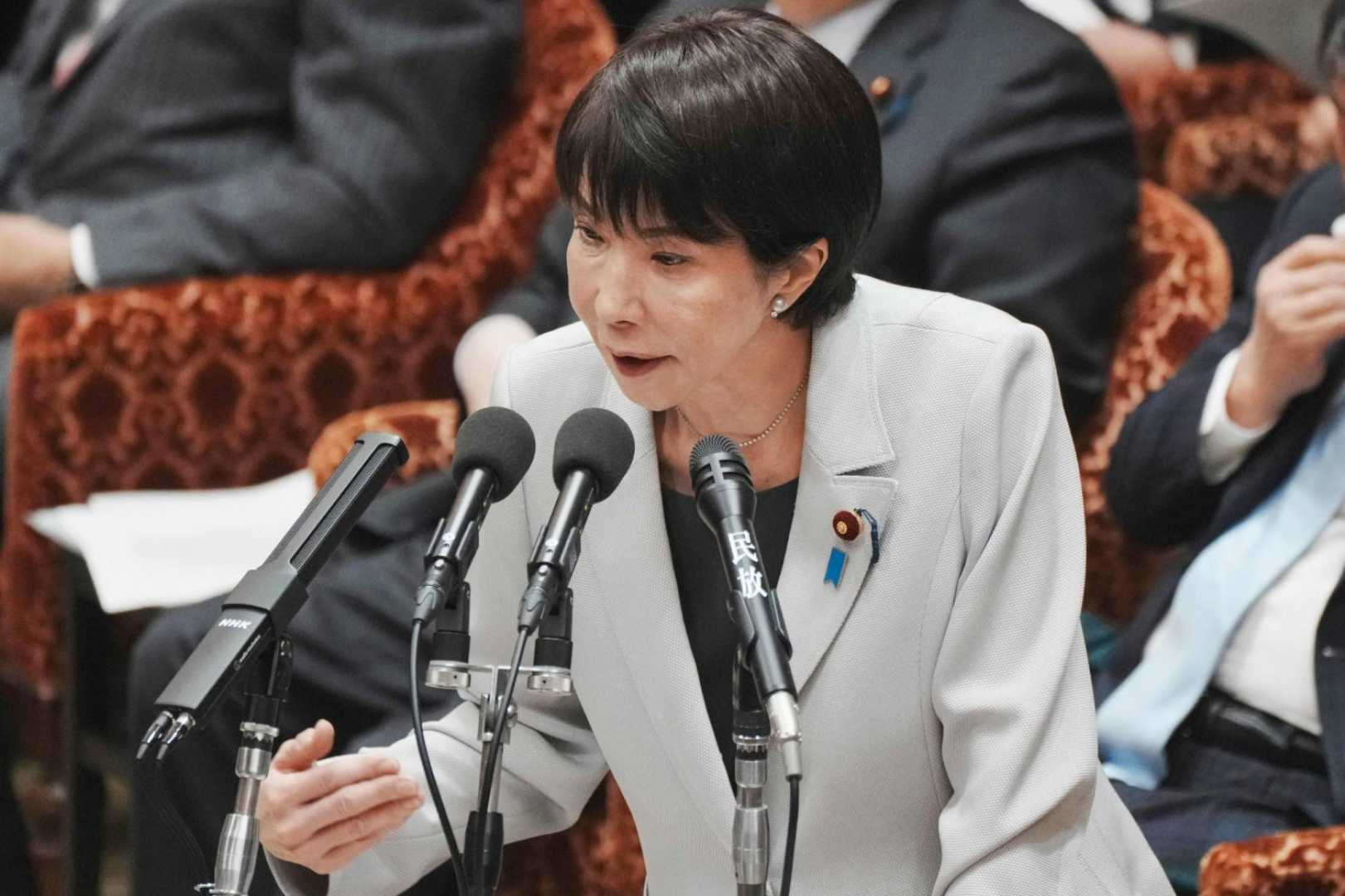World
Tensions Rise as Japan and China Clash Over Taiwan Comments

TOKYO/BEIJING, Nov 12 (Reuters) – Tensions between Japan and China have increased following comments from Japan’s new Prime Minister, Sanae Takaichi, regarding Taiwan. In a parliamentary session last week, Takaichi stated that a Chinese attack on Taiwan could be viewed as a ‘survival-threatening situation’ for Japan, suggesting that Tokyo might take military action.
These remarks provoked a sharp response from Beijing, leading to a series of official protests. China’s foreign ministry condemned Takaichi’s comments, referring to them as ‘a gross interference in China’s internal affairs.’
During the meeting, an opposition lawmaker questioned Takaichi about circumstances that would lead Japan to consider military action. She responded that battleships and the use of force could indicate such a situation, activating Japan’s self-defense forces under a 2015 security law.
China’s consul general in Osaka, Xue Jian, caused further controversy by posting a comment online that was interpreted as a threat against Takaichi: ‘the dirty head that sticks itself in must be cut off.’ This post was later removed but not before drawing condemnation from Japan.
Japan’s Chief Cabinet Secretary Minoru Kihara criticized the statement as ‘extremely inappropriate’ and reiterated Tokyo’s formal protests with Beijing regarding both Xue’s remarks and Takaichi’s comments.
Takaichi, who has been labeled as a hardline leader and a supporter of Taiwan, has signaled a shift from Japan’s typically ambiguous stance on Taiwan. This shift is alarming to Beijing, which has not ruled out using force to assert control over Taiwan, claiming it as part of its territory.
Following the backlash, Takaichi emphasized that her remarks were hypothetical but hinted at the need for careful communication in the future. She previously angered Beijing by sharing images of her with Taiwanese officials at an APEC summit.
Political analysts suggest that these escalations could mark a turning point in Japan-China relations, especially given Takaichi’s known hawkish attitude toward China and her commitment to strengthening Japan’s defense capabilities.
This week, Chinese state media escalated the rhetoric surrounding the spat, labeling Takaichi as a ‘troublemaker’ and questioning her diplomatic judgment.
Calls for action against the Chinese diplomat have emerged in Japan, with some officials urging the government to consider expulsion if the situation does not improve.
As tensions linger, both nations appear poised for continued conflict, with implications for regional stability concerning Taiwan.












